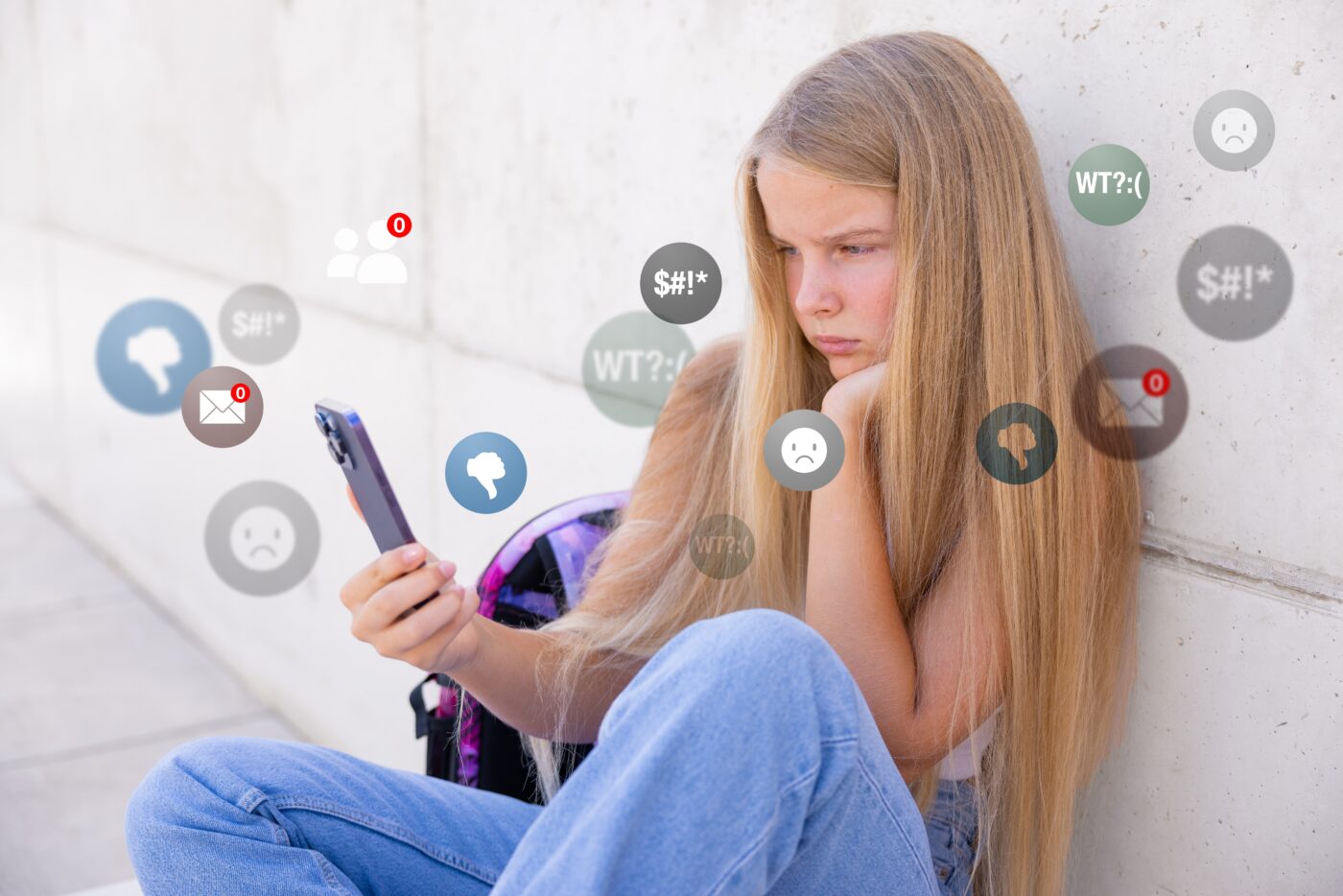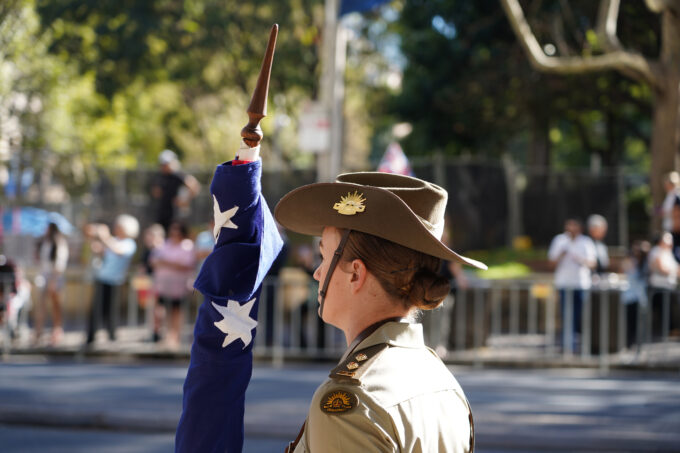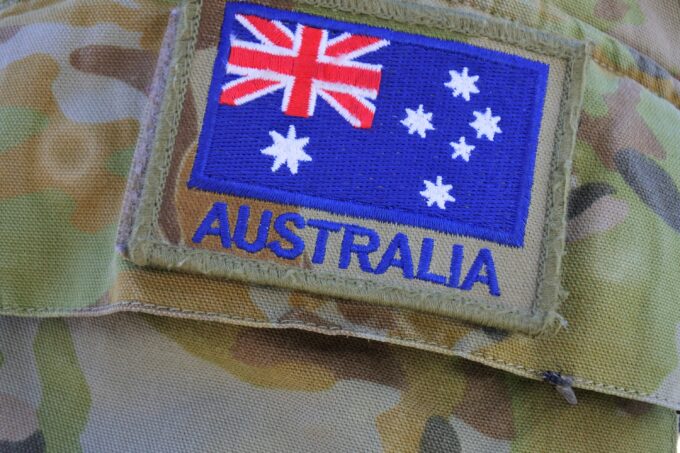What is the social media ban? Why is it coming into effect?
The Australian Government has passed a new law that creates a mandatory minimum age of 16 for accounts on social media platforms. Its purpose is to create a barrier from cyberbullying, harmful content and online predators and to protect the mental health and wellbeing of Australian children.
How will this social media ban be regulated?
Once the new law comes into effect, it will be an offence (subject to significant civil penalties) for a social media platform to permit a child under 16 to hold accounts.
The eSafety Commissioner has new powers to formulate guidelines for social media platforms to follow and will have access to information to monitor compliance.
See eSafety Commissioner website for some more helpful information.
How do I know my children will comply with the social media laws when they are not in my care?
The law does not require parents to police or always guarantee children’s compliance with the social media restrictions. It also does not impose a duty on parents to monitor children’s internet use, particularly when the children are not in their care.
Its practical enforcement is aimed at social media platforms through account and age-verification protocols rather than the users and their caregivers. This means that there is currently no definite way for parents to ensure that children are complying with the restrictions when the children are not in their care. however, parents are expected to take reasonable steps to educate and inform their children of the law and to model or encourage compliance when in their care.
What if social media is the only way to communicate with my children when they are not in my care as per existing orders/parenting plan?
Where children have used social media to communicate with a parent (e.g. long-distance parenting arrangements) then orders or plans that provide for children under 16 to have social media accounts may need revision.
There has, however, been some discussion regarding the legislative definition of “age-restricted social media platform” meaning some platforms with a primary educational or health function and messaging apps may be exempt.
For example, Messenger Kids, WhatsApp, Kids Helpline, and Google Classroom are not expected to be included in the restrictions and this will ensure a safe platform remains accessible for children to contact their parents in such arrangements.
What is the potential impact of this ban on the making and enforcement of orders and parenting plans in family law matters?
Any order or agreement that authorises or requires a child under 16 to hold their own social media account will be unenforceable and unlawful. The Family Court is obliged to act in accordance with the law and therefore parenting orders cannot override the social media ban. A party permitting, encouraging or facilitating a child to circumvent the minimum age restrictions could be exposed to adverse findings in parenting proceedings, on the basis that a failure to comply with the law undermines their capacity to promote the best interests of the child.
What happens if parents don’t agree?
Separated parents who cannot agree on whether their child should have access to social media should first try to resolve it through open communication, with a focus on the child’s best interests. If they cannot agree, they should seek professional help from a Specialist Family Lawyer who will assist the in negotiations and most likely recommend Family Dispute Resolution or mediation to try to avoid the matter ending up in Court.
If that fails and this presents as a serious issue affecting the child’s welfare, further steps could be taken to apply to the Court for a parenting order to be made about this issue. We expect that the Court will determine any such applications by making orders that ensure parents and children comply with the new law however, we will not have any guidance on this issue until such time as the Court is required to make a determination on this issue.




















